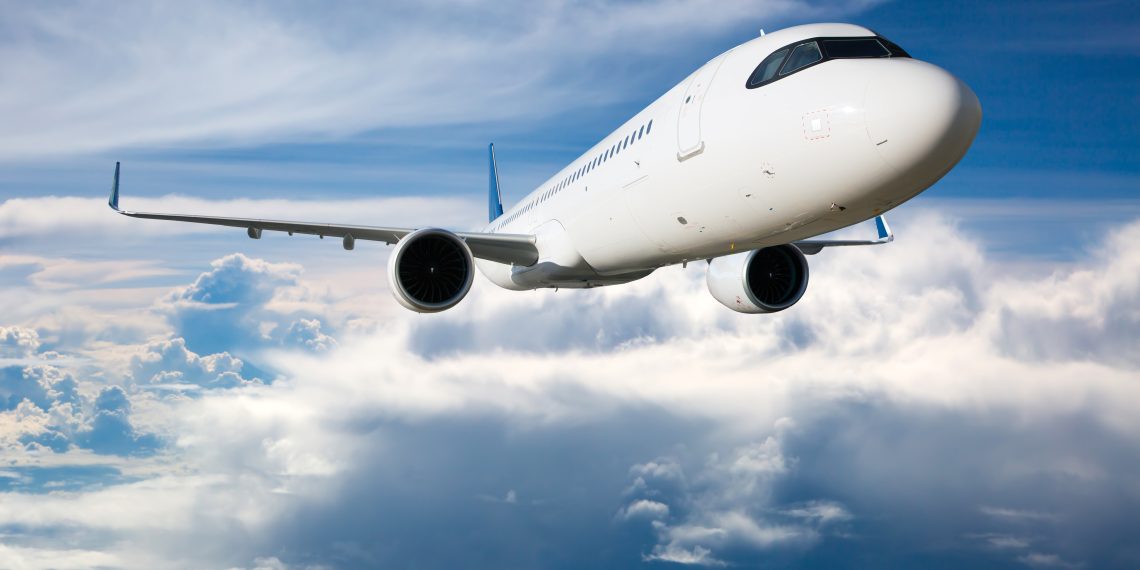In a decisive move to expand its aviation capacity, Saudi Arabia’s flagship carrier has placed a substantial order for new aircraft with Airbus. The kingdom’s strategy aims to significantly enhance its tourist influx in alignment with its Vision 2030 objectives.
The Saudia Group, encompassing the main Saudia airline and its low-cost affiliate Flyadeal, has confirmed the procurement of 105 jets from Airbus’s A320neo family, which includes a mix of 12 A320neos and 93 A321neos. This purchase escalates the group’s total Airbus A320neo family orders to an impressive 144 aircraft.
In response to the national strategy, Saudia is ramping up its flight frequency and seating capacity to serve its expansive network of over 100 global destinations. This is a key part of the nation’s ambitious plan to draw in excess of 150 million visitors by the year 2030.
Earlier this year, Airbus showcased robust performance in its commercial aircraft segment, as detailed in its annual earnings report. The aerospace giant has set an ambitious delivery target of 800 commercial aircraft, surpassing its previous year’s goal by 67.
The success story of Airbus stands in stark contrast to the challenges faced by its American counterpart, Boeing. Boeing’s journey to overcome the aftermath of two fatal accidents involving its Max jets has been further complicated by recent technical setbacks.
A key factor in Airbus’s current success is the introduction of the A321neo, a single-aisle airliner designed for efficiency with its new engine option that offers significant fuel savings. Although Boeing introduced the Max in response, with upgraded engines for better efficiency, it has since encountered numerous technical difficulties.
Despite Boeing’s ongoing issues, Airbus’s lead in the competitive aerospace duopoly is somewhat capped by its production capacity. With an existing backlog exceeding 8,600 orders, Airbus is operating at maximum production levels to fulfill its commitments.


